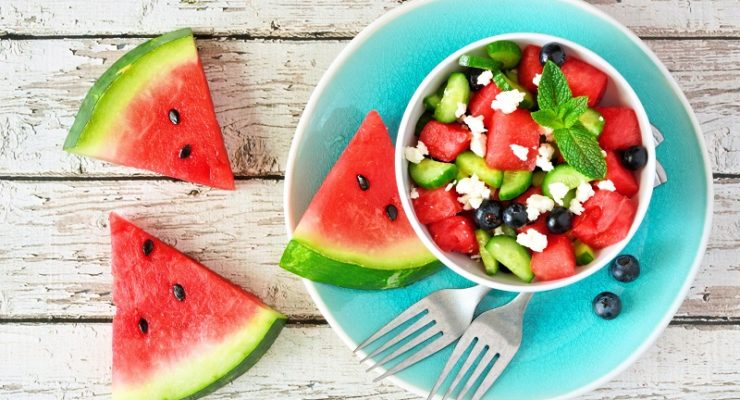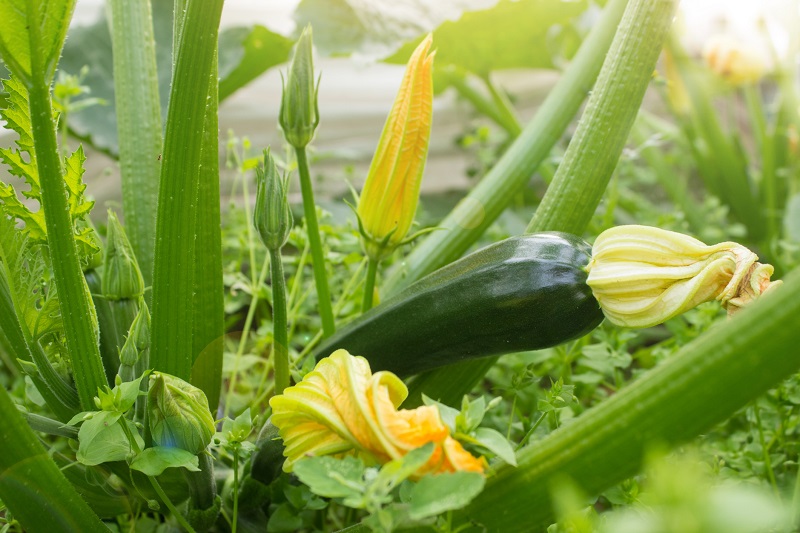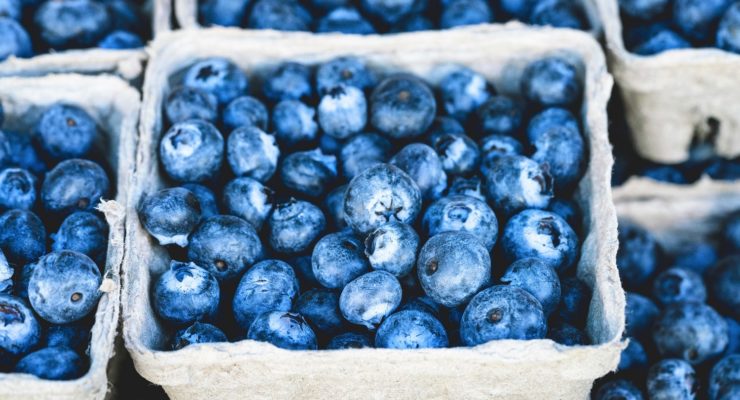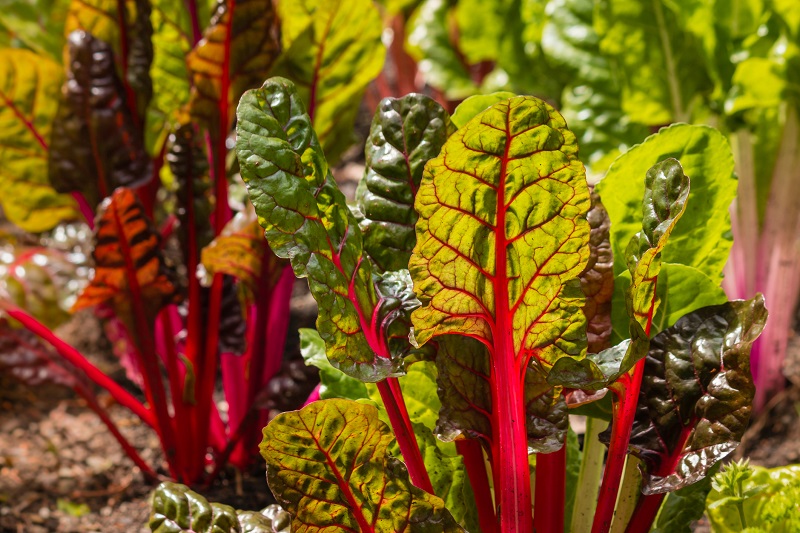How deeply in “sleep debt” are you?
If the surveys are to be believed, many of us are getting far less sleep than we need.
Sleep debt is the difference between how many hours we snooze and how many hours we need to be snoozing to be our best, both physically and mentally.
According to the Centers for Disease Control and Prevention (CDC), a third to nearly 50 percent of Americans, depending on age and other demographics, get less than the seven hours of sleep a night recommended by The American Academy of Sleep Medicine.
The price of sleep debt is more than yawns and a driving desire for an IV bag of coffee every day. Chronic lack of sleep is linked to obesity, heart disease, hypertension, diabetes, a weakened immune system and a greater risk of premature death.
What do you do if a new baby gets you up a few times a night, a work project keeps you up past your bedtime for a week, or a worry has you tossing and turning instead of sleeping? Is there a way to catch up on sleep to avoid these dire consequences? Will naps or sleeping in on the weekends restore you to good health even if you burned the midnight oil one too many times in a week?
The answer, according to the latest science, is a qualified yes, particularly if your sleep deprivation is of short duration. As it turns out, being sleepy (even if you don’t feel tired) can prompt your body to spend more time in a deep sleep cycle (called slow wave sleep) which can be physically and mentally restorative.
Here are five good reasons to hit snooze, snuggle under the covers and sleep in on your days off:
1. You might lose more fat.

According to Medical News Today, “People who are on a low-calorie diet will lose the same amount of weight whether they sleep an average of 8.5 hours or 5.5 hours each night.” The study, published in the journal Annals of Internal Medicine, found that getting more sleep helped dieters lose fat, while sleep deprivation caused them to lose calorie-burning muscle. When it comes to weight loss, that’s self-defeating.
Sleep deprivation may also make you more likely to eat too much by scrambling the levels of appetite hormones in your body. Researchers looking at the records of study subjects in the Wisconsin Sleep Cohort Study found that those who slept less than five hours a night made more ghrelin, the hunger hormone produced in the stomach that prompts you to eat, and less leptin, the hormone in fat cells that puts the brakes on your appetite.
Sleeping in may be the right prescription for reversing both of these diet killers. In a study looking at more than 2,000 people, those who slept in longer over the weekends had a significantly lower Body Mass Index (BMI, a measure of body fat based on weight and height) than those who didn’t get any catch-up sleep. The best finding? For every hour of extra weekend sleep the study participants got, their BMI went even lower.
2. You could reduce your diabetes risk.

One study found that simply adding an extra hour in bed a day over six days resulted in significantly better fasting blood glucose (sugar) levels and increased insulin sensitivity in a group of patients with chronic sleep deprivation. Having high insulin sensitivity means your body can use blood glucose, AKA sugar, more effectively as fuel, reducing the amount of sugar circulating in your blood where it can damage organs and tissue. High blood sugar is a hallmark of prediabetes and Type 2 diabetes.
People with short-term sleep debt were also able to improve their glucose and insulin sensitivity levels after just two nights of recovery sleep—a weekend’s worth, according to a 2016 study, published in the journal Diabetes Care.
3. Your blood pressure may drop.

According to Mayo Clinic, lack of sleep is associated with hypertension. They explain, “The less you sleep, the higher your blood pressure may go. People who sleep six hours or less may have steeper increases in blood pressure. If you already have high blood pressure, not sleeping well may make your blood pressure worse.”
One study, published in the journal Sleep Medicine, found that just one hour of weekend catch-up sleep was linked to a lower risk of high blood pressure.
4. You’ll feel less stressed.

Two nights of sleeping in after a rough week of sleep deprivation reduced the levels of sleepiness, fatigue, inflammation, and the stress hormone cortisol in a group of healthy volunteers who participated in a laboratory sleep study. The results were published in the American Journal of Physiology, Endocrinology, and Metabolism.
5. You’ll be around longer.

Best news of all: Weekend sleep can make up for poor weekday sleep when it comes to overall mortality, according to research, published in the Journal of Sleep Research. The 2019 study looked at a group of more than 40,000 people who had been followed by researchers for 13 years. Those with a sleep short duration on weekends had a higher mortality rate when compared to those who didn’t.
Be aware: A weekend lie-in isn’t a long-term solution to chronic sleep deprivation and sleep debt. Returning to baseline health may take a bit longer for long-term sleep deprivation; several studies have estimated it may take four days to more than a week or two of extra sleep just to re-sharpen your brain.
You’re better off establishing a consistent schedule for sleep which includes getting up and going to bed at the same times every day; creating a cool, quiet and dark space in your bedroom that’s conducive to sleep, and finding ways to relax before going to bed.
The post 5 Reasons to Hit Snooze and Sleep In appeared first on The Leaf.
from The Leaf https://ift.tt/EglSpAT









